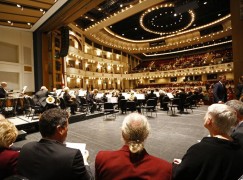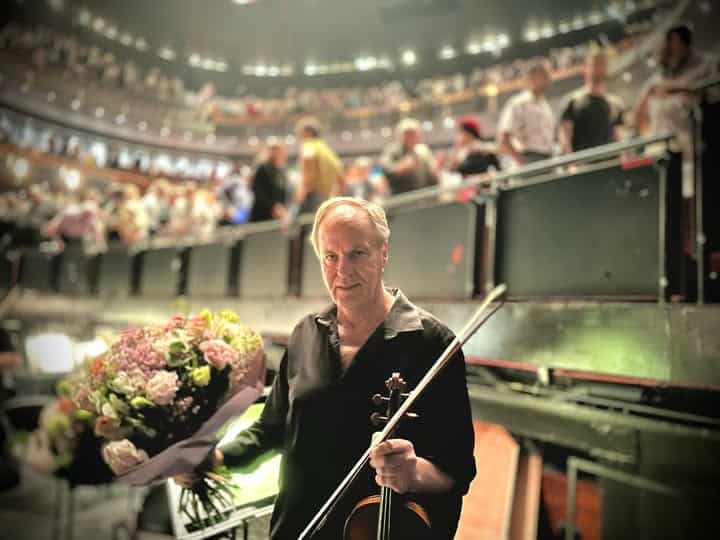Another US newspaper drops classical coverage
mainThe Miami Herald is no longer worth reading.
It used to employ Lawrence A. Johnson as music critic. When his job was eliminated in 2008, the paper continued to carry paid reports from his South Florida Classical Review.
Now the Herald has told him it has neither the space nor the cash for classical and opera reports.
Larry says: ‘I knew this day would come. That’s why I started South Florida Classical Review in the first place. Our Florida advertisers have been fantastic and supportive. As long as that continues, SFCR will continue to cover the local music beat with the same quality and comprehensiveness we always have.’
Why buy a newspaper that doesn’t write about the things that interest you?






Comments